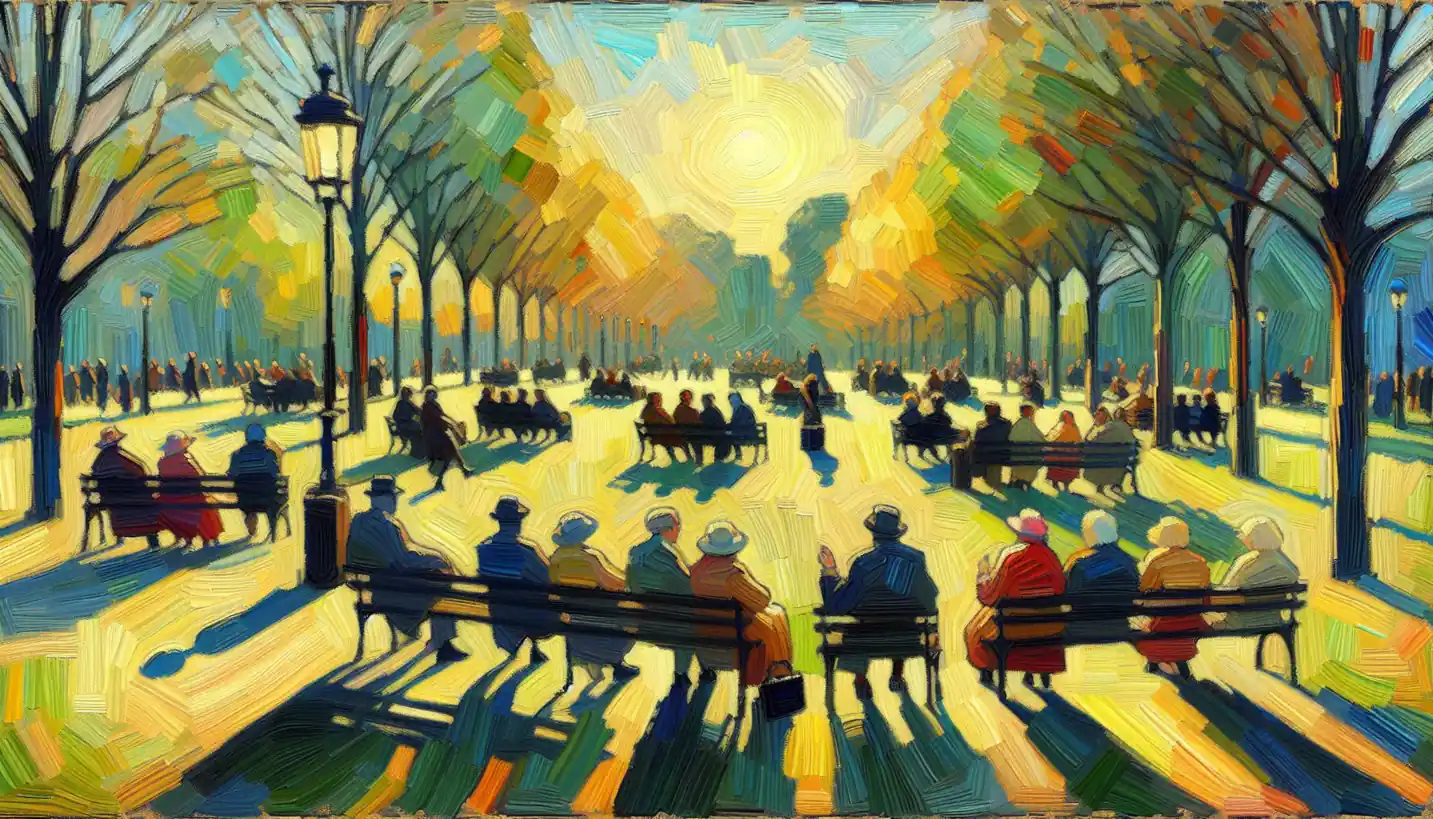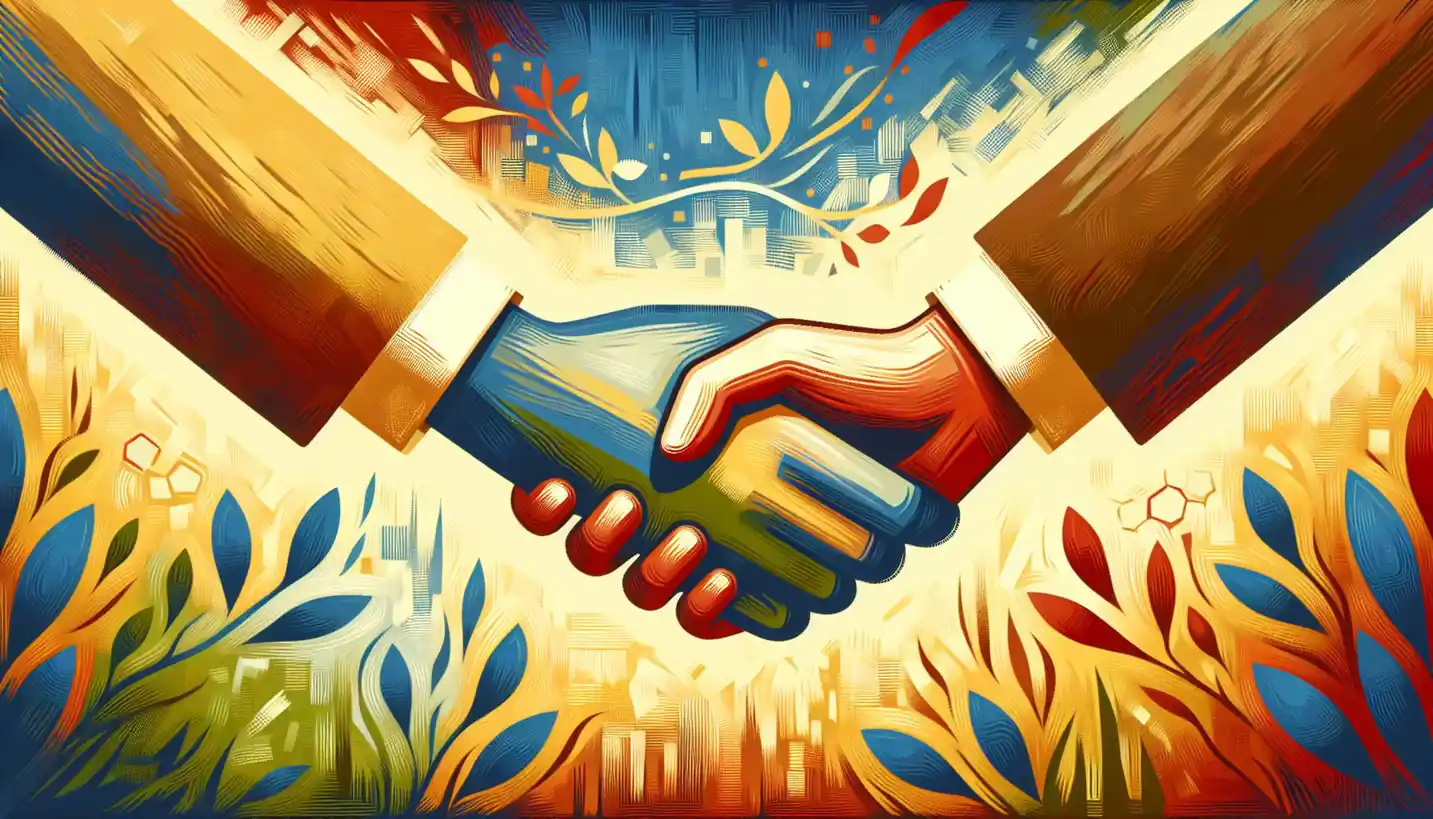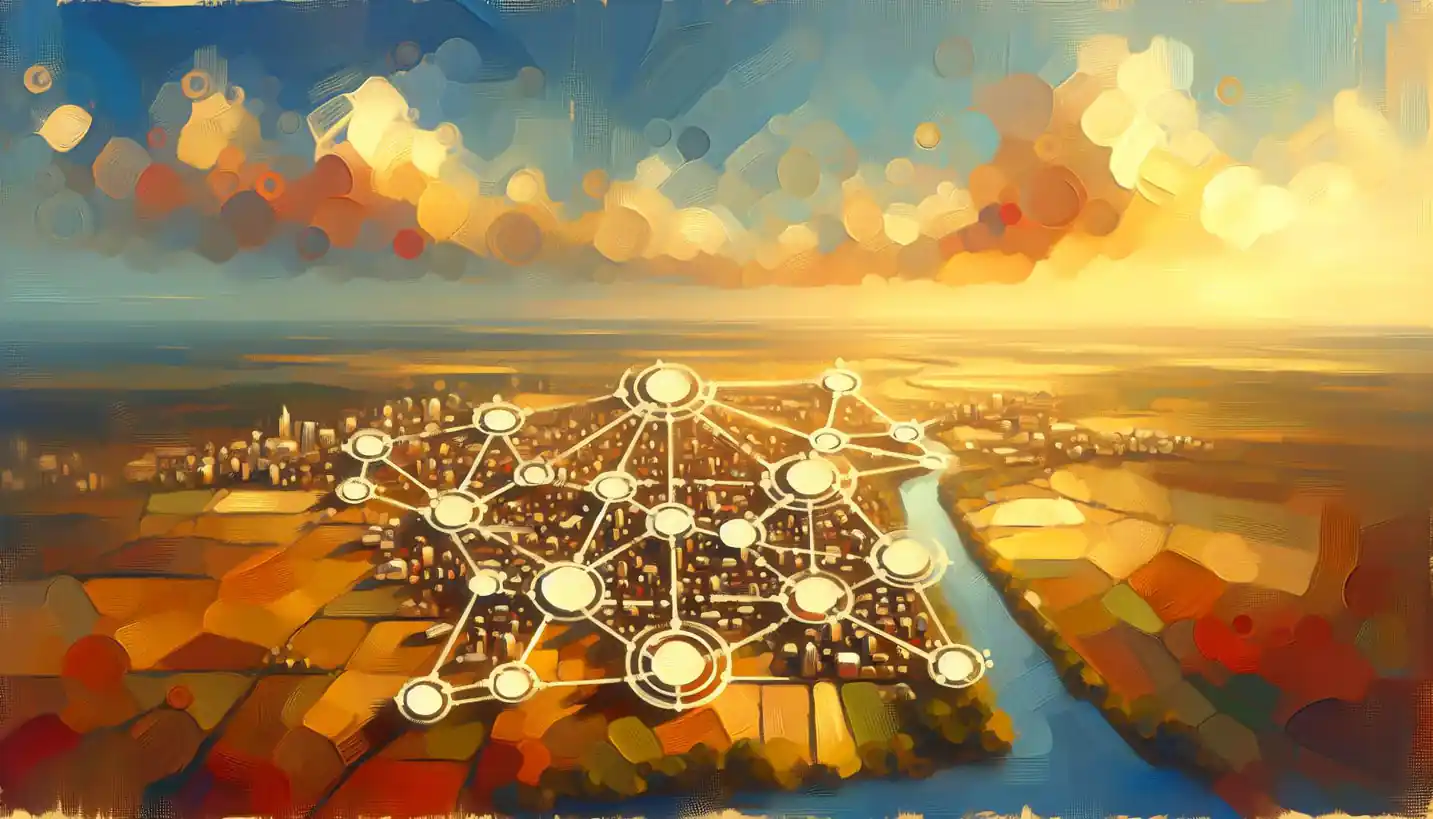· Sociology · 5 min read
Legal Culture: Exploring Everyday Justice and Norms
Legal culture shapes how everyday justice is perceived and applied. Discover the norms and beliefs that influence legal systems worldwide.

When we think about the law, it’s easy to imagine courtrooms, judges, and dusty books filled with rules. But there’s a richer, more nuanced concept at play known as legal culture. It’s like the social atmosphere that surrounds laws, affecting how they’re made, interpreted, and even broken. Legal culture helps us understand how society perceives justice and legal norms, and it’s a fascinating lens through which to view the interaction between law and society.
What Is Legal Culture?
Legal culture refers to the ideas, attitudes, and opinions that shape the legal structure in any society. It’s not just about laws themselves but how people believe those laws should work. Think of it as a set of unspoken guidelines that influence everyday legal actions and practices.
Every society has its unique legal culture, sculpted by history, beliefs, traditions, and social structures. It’s a blend of how laws are written and how they are lived. This culture shapes interactions within communities, influencing everything from how disputes are resolved to how justice is perceived.
The Role of History in Shaping Legal Culture
Historically, events and experiences shape the legal culture of a society. For instance, countries with a colonial past often have legal systems that reflect the influence of former colonizers. This historical context can explain why some nations adopt certain legal practices over others.
In the United States, legal culture is deeply rooted in principles like individual rights and freedoms, reflecting a history of fighting for independence and civil rights. In contrast, in Japan, the legal culture emphasizes harmony and consensus, reflecting broader cultural values that prioritize group cohesion.
How Legal Culture Impacts Society
So, why does legal culture matter? For one, it influences how laws are received and implemented. A law that’s perfectly reasonable in one culture might seem harsh or unnecessary in another. For example, the idea of jury trials is common in the United States but plays a smaller role in many other countries.
Legal culture also affects how legal change is perceived. Reform efforts must take cultural attitudes into account. A community resistant to change might push back against new laws that seem to disrupt traditional norms.
Everyday Examples of Legal Culture
Consider how different cultures approach punctuality. In some countries, being late is considered rude and legally problematic in professional settings. In others, there’s a more relaxed approach, reflecting deep-rooted cultural attitudes. This is a basic example of how legal culture can differ in societal norms and expectations.
Traffic laws provide another interesting illustration. The enforcement and adherence to these laws can be a reflection of the legal culture. In some places, strict penalties for violations promote compliance, while in others, social norms might tolerate more flexible attitudes toward driving regulations.
The Influence of Social Change
Legal culture isn’t a static concept. It evolves as society changes. Social movements can profoundly impact the prevailing legal culture by challenging existing laws and pushing for new ones. Consider the changing attitudes towards same-sex marriage. In many countries, the shift in legal culture preceded legislative changes, as societies began to embrace equality and inclusivity.
Legal Culture and Globalization
In our global society, cultures are interacting more than ever, influencing each other in complex ways. This has led to an interesting interplay between local legal cultures and international laws. Organizations like the United Nations and the European Union work to standardize certain laws, but these efforts often require careful negotiation to respect individual legal cultures.
Globalization raises intriguing questions about the future of legal culture. Will we see a gradual blending of legal norms across borders, or will cultural uniqueness always prevail? This dynamic tension between local traditions and global standards is a rich area for exploration and debate.
The Future of Legal Culture
Legal culture will continue to evolve as societies confront new challenges, such as advances in technology, environmental issues, and shifting social dynamics. For example, think about how the rise of digital technology is changing privacy expectations across the world. Legal systems must adapt to these changes, and how they do so will reflect underlying legal cultures.
Why Understanding Legal Culture is Important
Understanding legal culture is crucial for several reasons. It enhances our comprehension of how legal systems function beyond the black-and-white text of statutes and court rulings. It helps us appreciate the diverse ways societies approach concepts of justice and fairness.
For policymakers and legal professionals, being attuned to a society’s legal culture can inform more effective laws and regulations. For individuals, understanding this concept enriches our awareness of cultural differences and commonalities in our globalized world.
Questions to Ponder
As we continue to think about legal culture, several questions arise. How will emerging global issues influence traditional legal cultures? What role will public opinion play in shaping future laws? And most intriguingly, how can societies balance cultural heritage with the need for legal progress?
These questions invite us to explore the depths of legal culture further, providing endless avenues for curiosity and understanding. As our world becomes more interconnected, the study of legal culture becomes not just an academic pursuit but a practical necessity in navigating the complexities of law and society.
In conclusion, legal culture is a tapestry woven from history, social norms, and legal practices. It reflects our values, guides our behaviors, and shapes our understanding of justice. By exploring this concept, we gain insights into the profound relationship between law and society, a journey both enlightening and essential.



